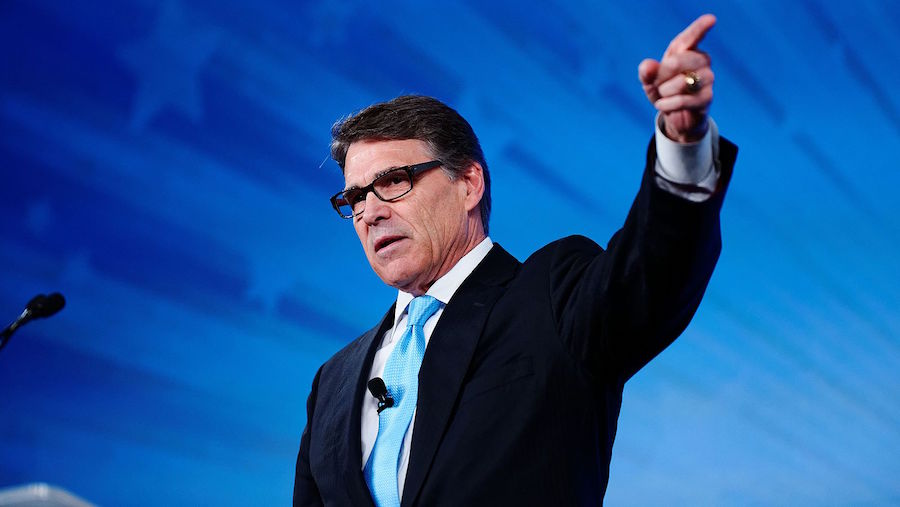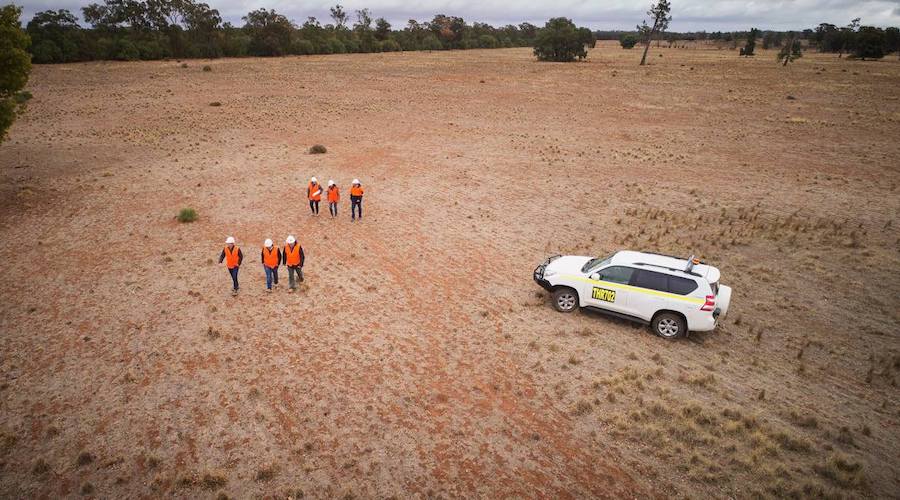US Energy Secretary worried about coal

In a memo issued late Friday to his chief of staff, the US Energy Secretary Rick Perry expressed concerns about the diversification of power sources and the stability of the country’s grid.
“We are blessed as a nation to have an abundance of domestic energy resources, such as coal, natural gas, nuclear and hydroelectric, all of which provide affordable baseload power and contribute to a stable, reliable and resilient grid,” Perry is quoted as saying in the missive, which was initially obtained by Bloomberg. However, he adds that experts have “highlighted the diminishing diversity of our nation’s electric generation mix and what that could mean for baseload power and grid resilience.”
By “diminishing diversity,” Perry is referring to recent closures of coal-fired and nuclear power plants caused, in part, by the low cost of natural gas and a booming clean energy industry. When he talks about reliability, he points to a supposed intermittence in generation from sources such as wind and solar.
The Energy Secretary instructed his second-in-command to develop a 60-day review that looks at how regulatory burdens, subsidies, and tax policies “are responsible for forcing the premature retirement of baseload power plants.” He also wants to know whether wholesale energy markets adequately compensate actions that, in his view, strengthen grid resilience such as on-site fuel supply usually provided by coal and nuclear plants.
“Perry’s effort suggests that the [Trump] administration may be looking for other ways to keep coal plants online,” Bloomberg’s account concludes.
More News
Sunrise Energy expects to supply US critical minerals stockpile, CEO says
February 03, 2026 | 05:03 pm
USA Rare Earth eyes $3 billion-plus funding to accelerate plans
February 03, 2026 | 02:34 pm
{{ commodity.name }}
{{ post.title }}
{{ post.date }}






2 Comments
Restless Boomers
Rick Perry is a complete whacko. We’re way more worried about Rick and other whack jobs like James Woolsey than we are about the grid, especially now that emerging technologies are making the grid obsolete.
klgmac
” he points to a supposed intermittence in generation from sources such as wind and solar.”
The writer discredits herself with the use of the word “supposed”. The intermittency is real and adds to the already high costs of renewables.